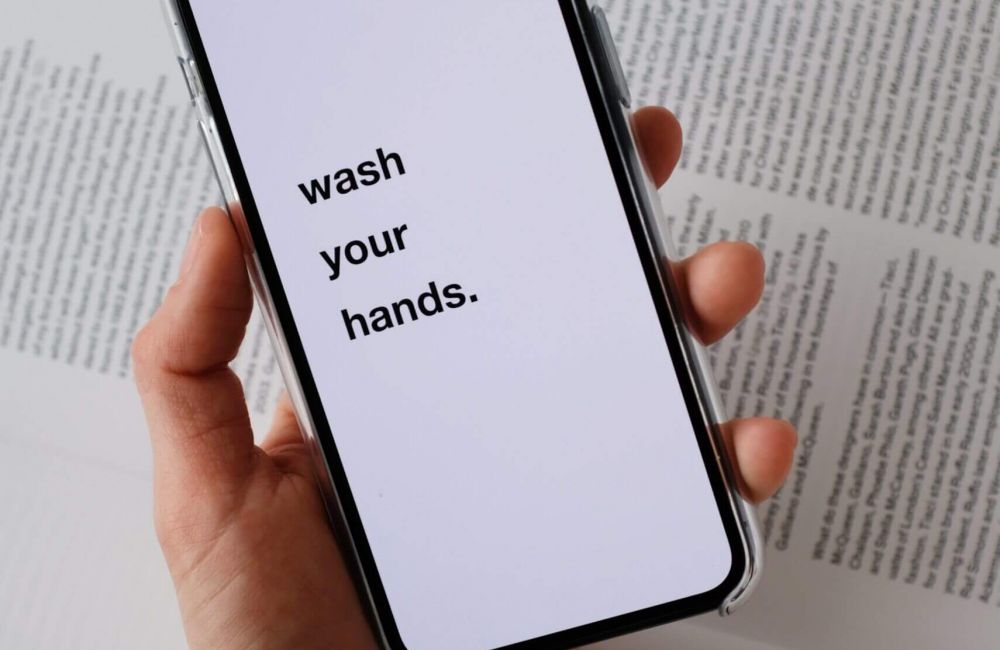On May 5, 2021, Governor Cuomo signed the New York State Health and Essential Rights Act (HERO Act) into law, and it’s got teeth — the HERO Act permits employees to sue their employers.
It becomes effective June 4, 2021, so now’s the time to get your plan in place.
What do I need to do? Employers need to create an airborne infectious disease exposure prevention plan. The New York State Department of Labor (DOL) will create a model policy, taking into account industry-specific requirements for safety, but it hasn’t done so yet.
What if I don’t like the model prevention plan? That’s fine – an employer can create its own prevention plan so long as it meets or exceeds the model plan’s requirements, procedures, and methods. These include:
Employee health screenings;
Face coverings;
Required PPE;
Hand washing stations;
Cleaning and disinfecting frequently-touched surfaces;
Social distancing standards;
Compliance with mandatory or precautionary orders of isolation/quarantine;
Compliance with air flow/ventilation requirements; and
Compliance with State and local agency standards about potential exposure in the workplace.
Employers also must identify a supervisor or manager to enforce the prevention plan in the workplace.
What if I interact only with independent contractors or part-time workers? Doesn’t matter. The HERO Act’s definition of employee includes independent contractors, part-time workers, and seasonal employees.
Must I give the plan to my employees? Yes. If you have a handbook, the prevention plan must be included. Just like your sexual harassment policy, this prevention plan must be posted and provided to employees at hire.
If your business still is operating virtually, the prevention plan must be provided when you reopen. If you’re open for business, the prevention plan must be provided by June 4th, when the Act becomes effective.
Employee Protections. First, employers can’t discriminate against an employee who (1) exercises her rights under the prevention plan; (2) reports a violation of the prevention plan to State, local, or federal authorities; (3) reports a concern to the employer or to a State, local, or federal authority; or (4) refuses to work under a good faith belief that she’s exposed to an unreasonable safety risk and the employer is on notice of the risk and hasn’t corrected it.
What kind of penalties for noncompliance? If the DOL finds that a business doesn’t comply with the HERO Act, fines include (1) $50 per day for failure to implement a prevention plan and (2) from $1,000 to $10,000 for the failure to comply with your existing prevention plan. The fines increase significantly if the employer previously violated the HERO Act in the preceding six years.
Even more importantly, the HERO Act creates a private right of action. This means that an employee can sue her employer in court. All she has to allege is that her employer violated the prevention plan and it created “a substantial probability that death or serious physical harm could result from a condition” in the workplace. There’s one exception, and that’s when the employer didn’t and couldn’t, with the exercise of reasonable diligence, have known of the violation.
What do I need to do now? Keep an eye out for the DOL’s model plan. Call us if you want to get ahead of the curve and put a plan in place now. Also, think about the specific issues your business might need to address in your prevention plan and identify the supervisor or manager who’ll be responsible for complying with the prevention plan.
Is this done when COVID-19 is under control? No. Although your plan may contemplate COVID, it must be far broader. This is not COVID-specific and will continue long after COVID is gone. As a result, make sure it’s consistent with your COVID-specific New York Forward Plan.
The Coppola Firm is watching for updates on the HERO Act and other requirements that might affect your business. Reach out to our team with specific questions about navigating new requirements.

